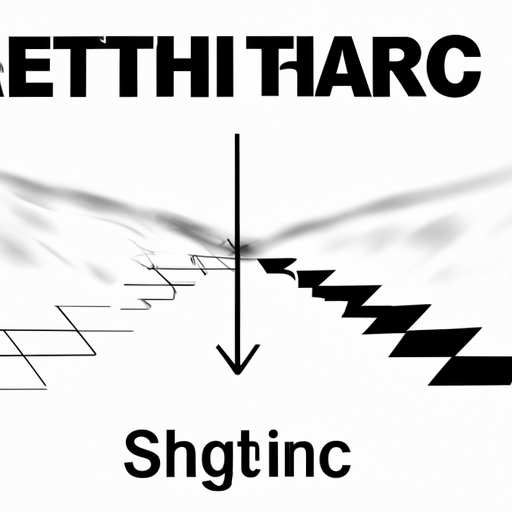
Hurdles for Ethereum ETF Approval Intensify, Fidelity and Grayscale Incorporate Staking
By: Eva Baxter
The US Securities and Exchange Commission (SEC) has delayed the approval process for numerous Ethereum exchange-traded funds (ETFs), as shown by recent regulatory filings. This impacts applications from major investment firms like VanEck, Ark Invest, Hashdex, and Grayscale, with the latter two incorporating staking elements into their ETF applications. This decision sparked conversations about the future of crypto ETFs in the US.
Analysts like James Seyffart from Bloomberg and Eric Balchunas have shown concerns over the likelihood of Ethereum ETFs approval. The discussions indicated a stark contrast in the SEC's engagement on Ethereum-specific issues versus its approach towards Bitcoin ETFs. They speculated a lack of bullish signs and sources that were present previously during Bitcoin ETF approvals, downgrading the chances of a favorable verdict for Ethereum ETFs to 35% by the crucial May 23 deadline.
Notably, Fidelity and Grayscale have both amended their Ethereum ETF applications to add a staking component, in line with Ethereum's proof-of-stake (PoS) model. This decision allows the ETFs to designate a portion of their holdings towards staking through selected providers, potentially exploring income generation opportunities within a regulated financial construct.
As the deadline approaches and amidst increased scrutiny from US legislators, the crypto community waits with bated breath for further regulatory developments. Meanwhile, the Ethereum Foundation is facing a confidential inquiry, skirmishing hopes of approval further.



